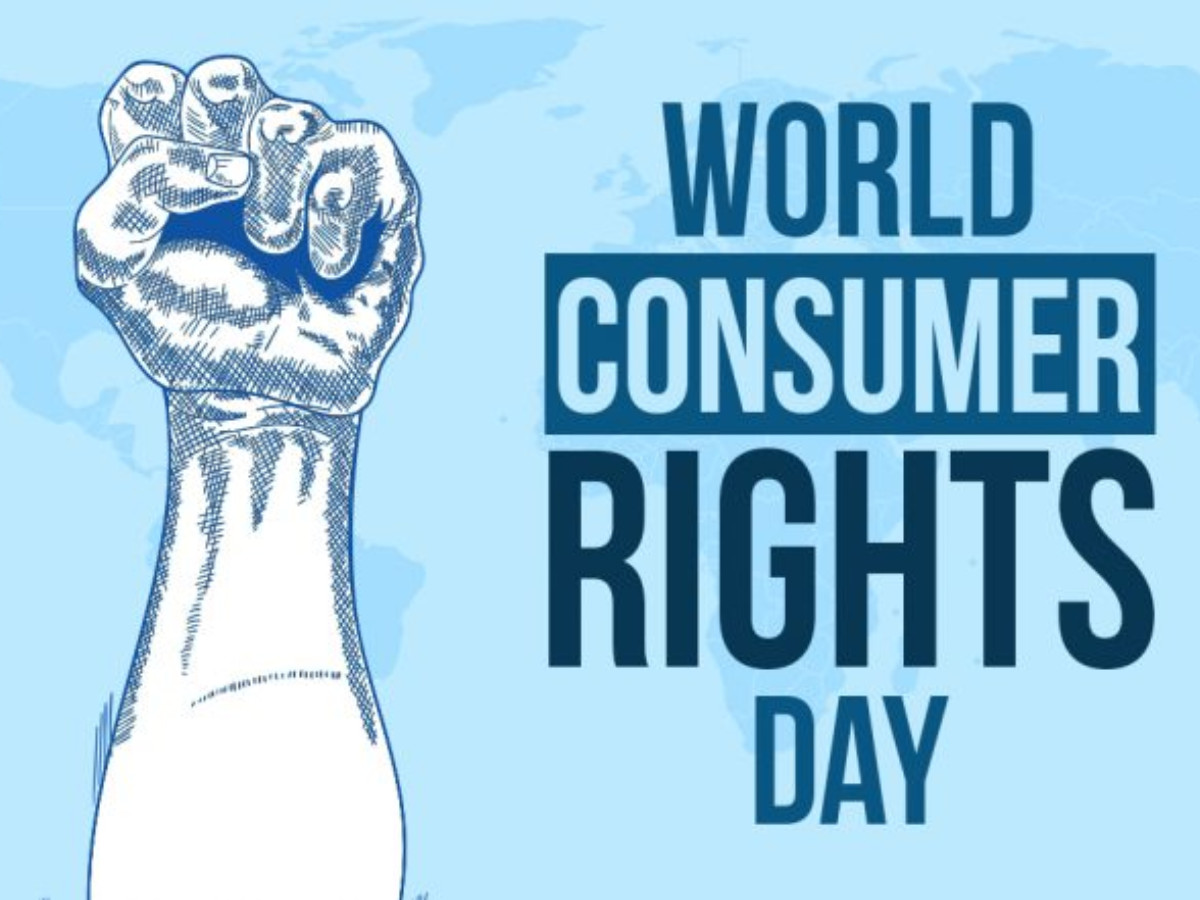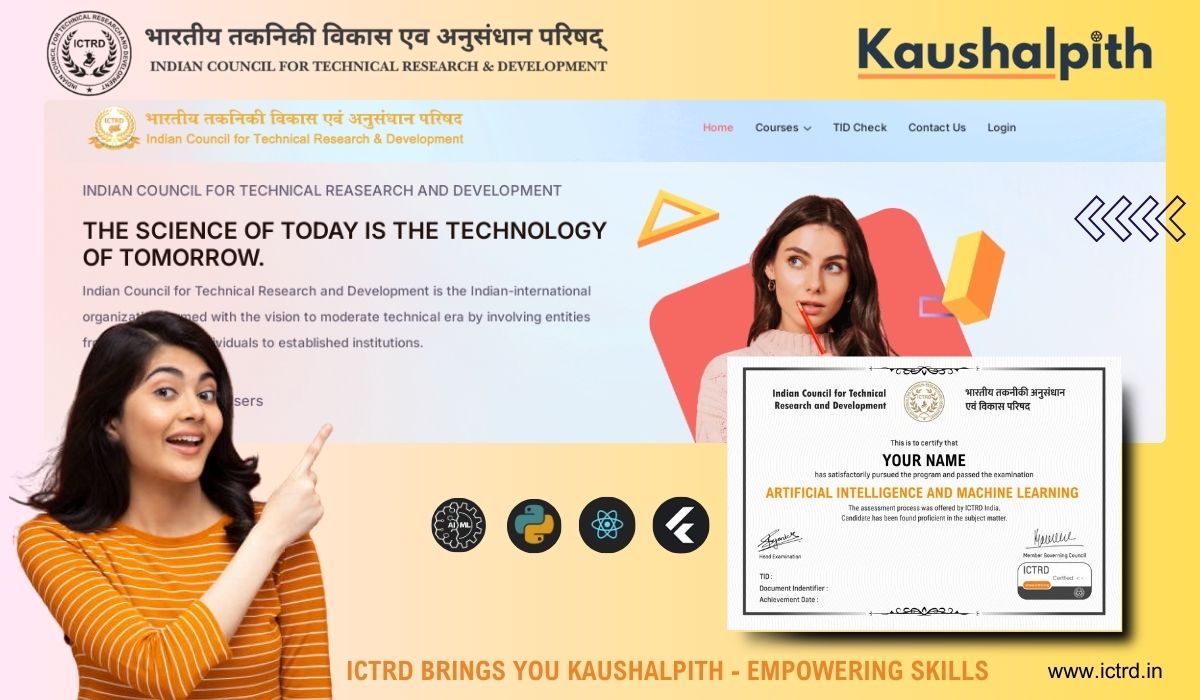World Consumer Rights Day is celebrated on March 15 every year with an aim to raise global awareness about consumer rights and promote consumer protection. The day is also commemorated to be aware about the market injustices across the world. It is an annual event that celebrates solidarity within the international consumer movement.
On this day, people all over the world rally in support of all consumers’ fundamental rights, demanding that those rights be protected and respected while also condemning market injustices.
History
The day was first observed on March 15, 1983 which was inspired by US President John Fitzgerald Kennedy’s US Congress address on March 15, 1962. He addressed the issue of consumer rights and laid emphasis on its importance and became the first world leader to talk about consumer rights. Every year on this day several organisations like Consumer International celebrate the occasion by holding events and campaigns to safeguard consumer rights.
Significance
The main objective of celebrating World Consumer Rights Day is to ensure that consumers are not subjected to market exploitation or injustice that may jeopardize their rights. Consumers are aware about their rights and how they should be used in day-to-day lives.
Theme
This year the theme of World Consumer Rights Day 2023 is “Empowering Consumers Through Clean Energy Transitions.” It aims to raise awareness of consumer empowerment and their role to push for a faster clean energy transition.

Consumer Rights in India
“Consumer’s Right”, by definition, is the right of a consumer to have adequate information regarding the quality, quantity, potency, purity, price, and standard of the commodity they are using and that they are protected against any malpractices as a consumer. The following are the fundamental consumer rights of an individual in India:
- Right to Safety: The consumer has the right to ensure the quality of the product available in the market in order to safeguard their long-term interests. The quality marks for products in India are Indian Standards Institution (ISI) (for industrial, electrical products), AGMARK (or Agriculture Mark for agricultural products), FPO mark (for processed fruit items), etc.
- Right to be Informed: The consumer can insist on acquiring all the necessary details regarding the products and protect themselves from malpractices.
- Right to Choose: It is the right of a consumer to have accessibility to a variety of products available in the market at fair prices.
- Right to be Heard: The consumer’s interest will be given proper consideration and they will be provided with the appropriate forum to do so.
- Right to Seek Redressal: The consumer has the right to claim for redressal in case of exploitation and demand for a fair settlement.
- Right to Consumer Education: It is also the responsibility of the consumer to be aware of their rights and hence the right to consumer education means the right to acquire relevant skills and knowledge as required to be an informed consumer.
Legislations for protection of consumer rights
The Consumer Protection Act (CPA) was introduced in 1986 to protect the interests of consumers in India. The purpose of CPA was to solve customer disputes and to help establish Consumer Councils and other authorities for the settlement of these disputes.
Consumer Protection Act, 1986
Globally, there was significant progress and expansion in the consumer goods industry by the 1980s. This attracted a variety of consumer goods to the market but also affected consumer sovereignty due to asymmetric information and control held by traders and manufacturers. There was limited oversight over their advertisements over television, newspaper, or magazines. However, the services provided by these manufacturers were not up to the mark. Consumer items were manufactured by a variety of firms which was adding up to the tally of adulterated and sub-standard articles in the Indian market.
In order to counter these issues, the Government has been introducing a series of provisions for providing protection to consumers such as the Indian Contract Act 1872, Sale of Goods Act 1930, Standards of Weight and Measures Act 1976, etc. These measures provided some relief to the consumer but there was scope for further reform to address adulterated and sub-standard goods. This is what the Consumer Protection Act of 1986 sought to resolve. While it was successful in addressing critical issues, it still had some drawbacks as well:
- Lack of provisions related to online transactions or teleshopping
- Many varieties of deceptive or unfair practices were not added in this Act
- Lack of provision related to product liability
- Lack of provisions related to unfair contracts
- Lack of provisions for e-commerce websites
- No provision for an Alternative Dispute Redressal Mechanism
Consumer Protection Act, 2019

The Consumer Protection Act of 2019 was an improvement over the 1986 version of the same. Some key improvements that were introduced were:
- Streamlining all methods of exchanges related to merchandise purchase and enterprise transactions
- The 1986 version of the Consumer Rights Act only had six types of unfair/deceptive trade practices. Three new practices were added in this section in the Consumer Protection Act of 2019.
- The concept of product liability was also introduced
- The provision of ‘Unfair Contract’ was also introduced—defined as a contract that can cause a change in the rights of a consumer.
- New provision for direct selling and e-commerce, which also elaborates basic consumer rights
- Mandates that mediation cells should be attached to State, District and National level commissions.
- Creation of the Central Consumer Protection Authority to promote, protect and enforce the rights of consumers
How is the Consumer Protection Act 2019 making a difference?
The new Consumer Protection Bill 2019, with its pillars of transparency and accountability, has been regarded as a major step in the consumer empowerment landscape.
Apart from strengthening consumer protection efforts, it has enabled the consumers to make logical and informed decisions. Strict regulations along with the provision of penalties and punishments would act as a shield for the consumers. It has been introduced to provide major benefits to the consumers and to streamline the entire consumer complaint mechanism.
Further, in order to streamline the complaint filing process, the Department of Consumer Affairs has introduced the initiative of ‘eDaakhil’. Here consumers can easily register their complaints through an online platform.











